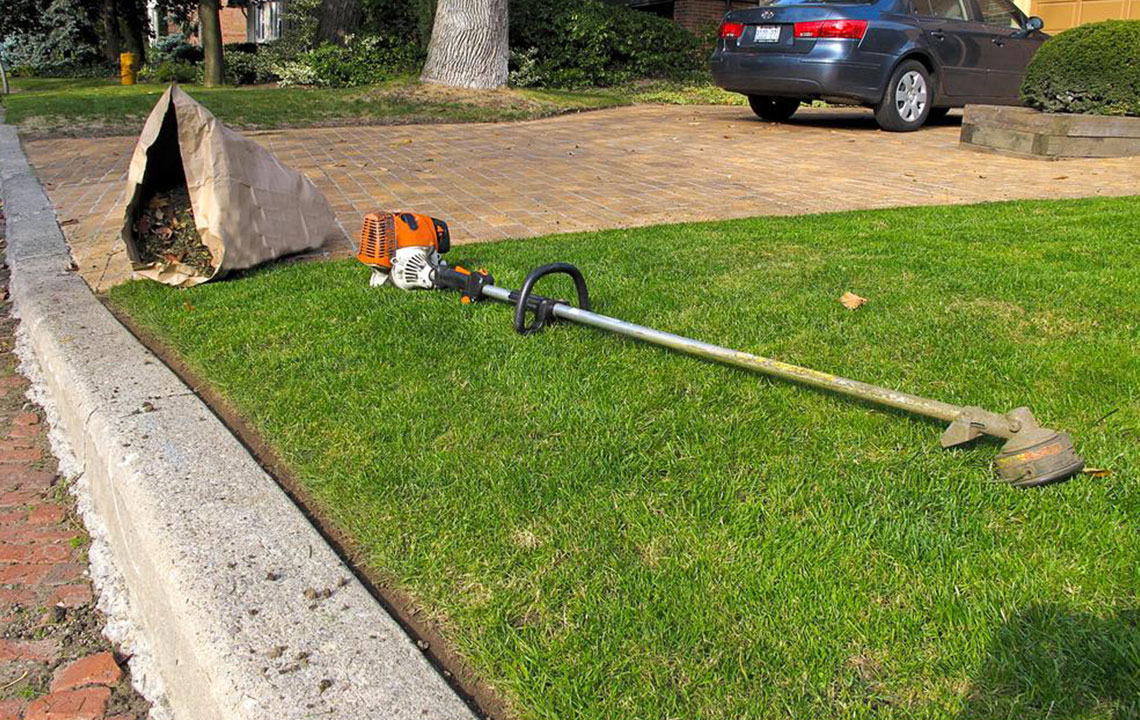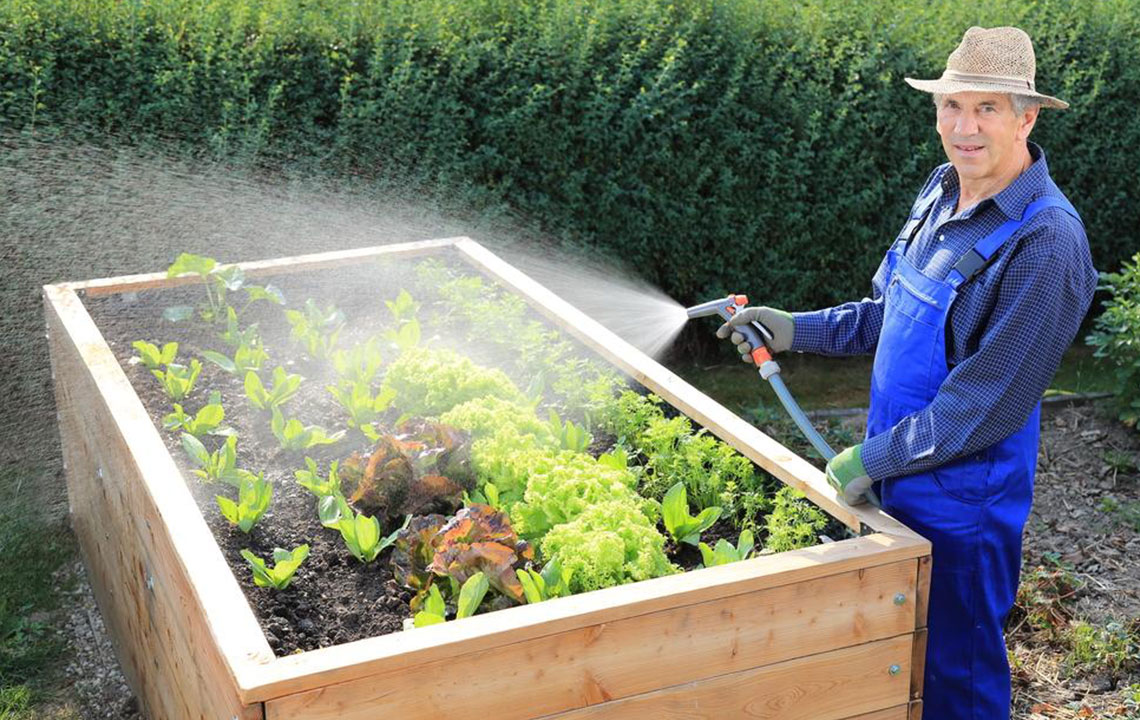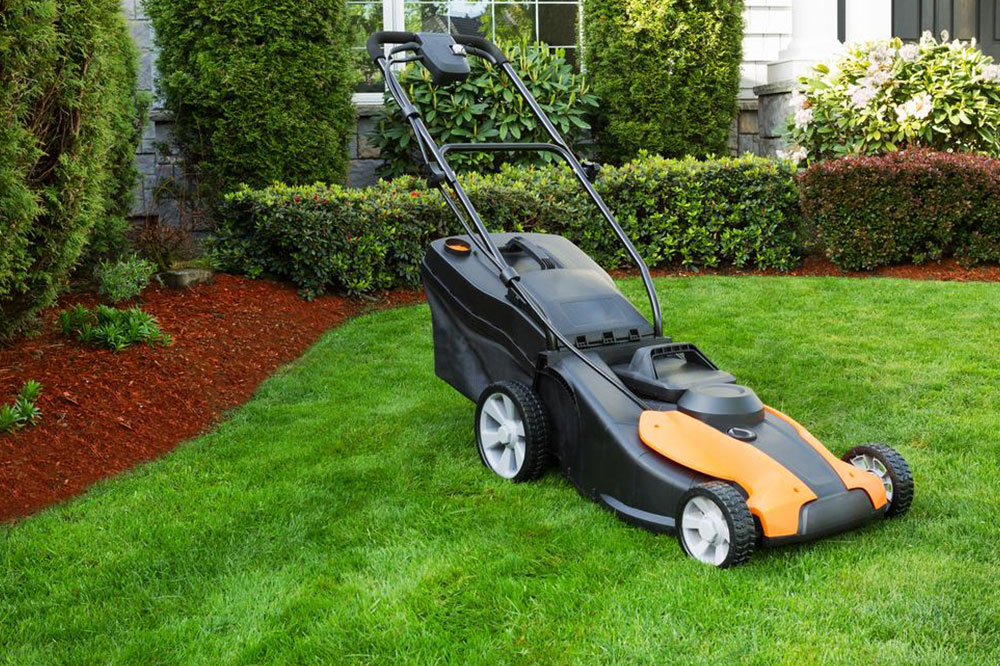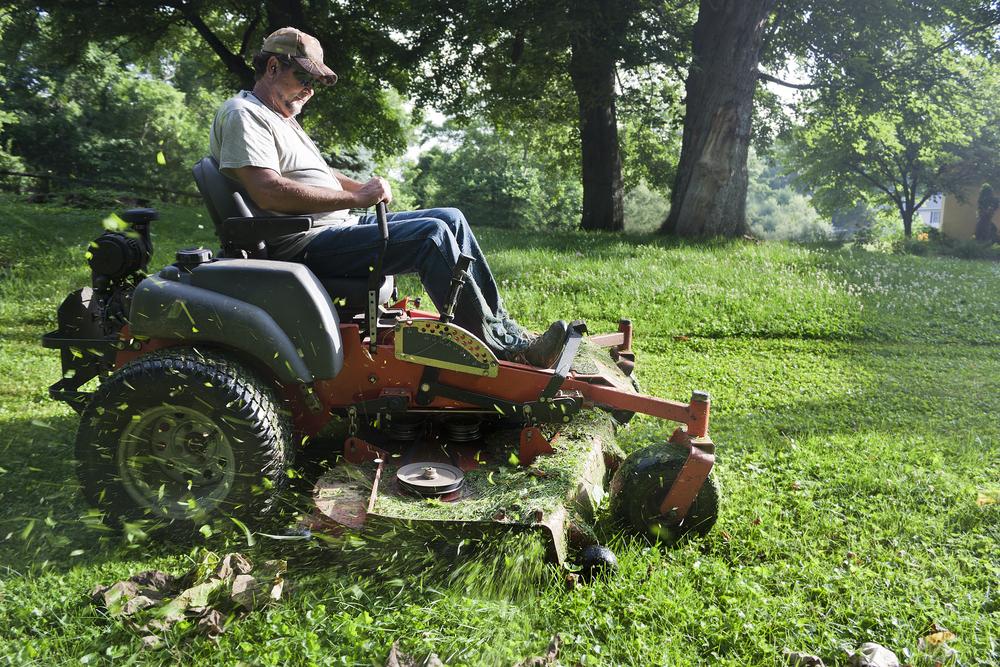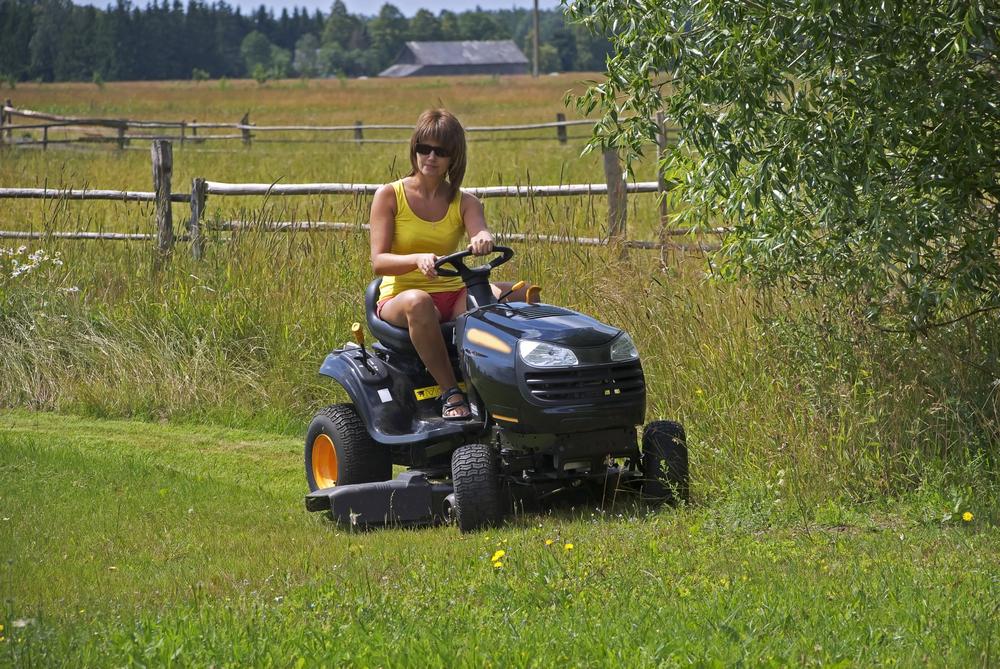Essential Tips for Fertilizing Your Bermuda Grass Lawn
Learn effective methods to fertilize Bermuda grass lawns, including timing, soil preparation, and DIY organic fertilizers. Maintain a lush, healthy, and resilient lawn with expert tips on fertilization schedules and natural alternatives that save money and protect the environment.
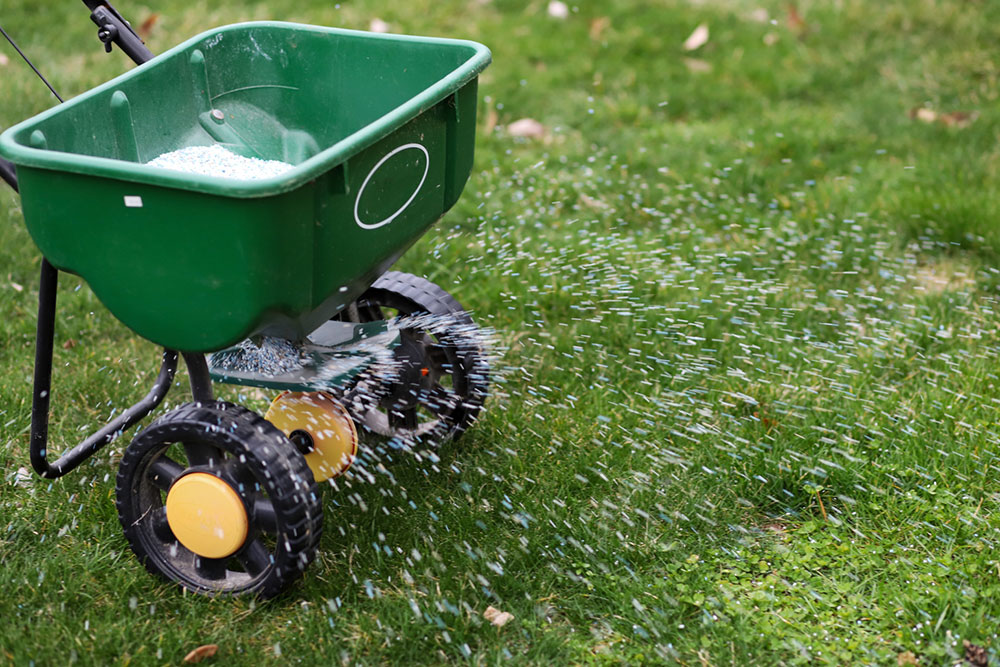
Essential Tips for Fertilizing Your Bermuda Grass Lawn
Maintaining a vibrant Bermuda grass lawn requires regular fertilization to ensure lush, green, and resilient turf. Known for its heat tolerance and dense growth, Bermuda grass benefits greatly from proper nutrient supplementation. Understanding when and how to fertilize can optimize lawn health. This guide highlights the significance of fertilization, optimal timing, and DIY fertilizer options to keep your Bermuda grass thriving all season long.
Why Fertilize Bermuda Grass?
Providing essential nutrients through fertilizers sustains the green color and dense appearance of Bermuda grass. Regular feeding promotes soil vitality, improves recovery from weather stress, and prevents pest and disease issues.
Here are key ways fertilization benefits Bermuda lawns:
Enhanced Greenery and Density
Applying quality fertilizers ensures the grass stays vibrant and thick, mimicking that well-maintained look.
Soil Enrichment
Healthy soil is vital for turf growth. Fertilizers support soil structure and nutrient content, fostering stronger roots.
Easier Recovery
Proper fertilization helps Bermuda grass recover faster from droughts, foot traffic, or extreme weather.
Preventing pests, weeds, and diseases becomes simpler with balanced fertilization. It also helps maintain an attractive lawn year-round.
Optimal Fertilization Timing
The key to effective fertilization lies in timing. The best period is during spring, from March to May, to support vigorous growth. Fertilizing during this time ensures your lawn remains lush through summer.
Monitoring Soil Temperature
Check soil temperatures, ideally between 65-75°F, before fertilizing. Using a soil thermometer helps determine the right moment for fertilization.
Fertilization Schedule Post-Spring
Continue fertilizing with nitrogen-rich fertilizers into late summer (July-August). Transition to potassium-rich fertilizers in early fall (September-October). Avoid fertilizing during winter dormancy.
DIY Fertilizer Options for Bermuda Grass
Commercial fertilizers can be costly; however, homemade alternatives are eco-friendly and budget-friendly. Effective options include compost tea and coffee grounds, which provide nutrients without synthetic chemicals.
Homemade Compost Tea
Make a nutrient-rich tea using kitchen scraps such as vegetable peels, banana peels, and eggshells. Steep these in water, aerate, and strain before applying to your lawn for a natural boost.
Recycling Coffee Grounds
Utilize used coffee grounds by mixing half a pound in five gallons of water or sprinkling directly onto soil. Coffee grounds add nitrogen and help prevent lawn diseases.
Note:
Our blog provides diverse, practical information for various topics. While our research aims to offer accurate insights, readers should treat articles as guides rather than definitive sources. We disclaim responsibility for discrepancies or errors, and readers should verify data or consult professionals for personalized advice.

